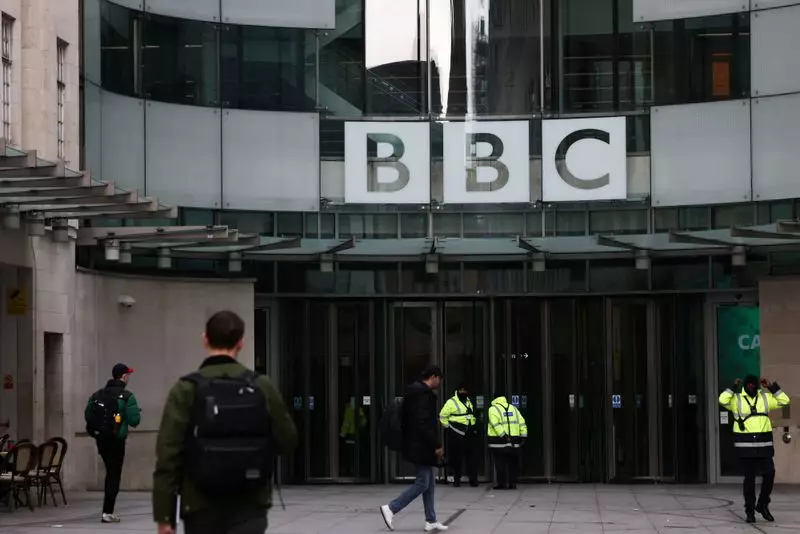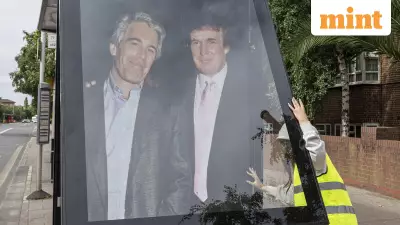
Former US President Donald Trump has declared he will pursue legal action against the British Broadcasting Corporation (BBC) over a documentary that examined allegations of Russian interference in the 2016 presidential election. The announcement signals another chapter in Trump's ongoing battles with media organizations.
The Documentary That Sparked Controversy
The BBC documentary titled 'Trump: The Kremlin Candidate?' explored claims about potential connections between Trump's 2016 campaign and Russian officials. The program featured interviews with various intelligence experts and political analysts who discussed evidence of Russian efforts to influence the election outcome.
Trump responded to the documentary with characteristic fury, dismissing the allegations as completely baseless. The former president labeled the BBC's reporting as 'fake news' and accused the broadcaster of participating in what he called the 'witch hunt' against him.
Trump's Legal Strategy and Previous Media Battles
This isn't the first time Trump has threatened or initiated legal action against media organizations. During his presidency and after leaving office, Trump has frequently clashed with news outlets over their coverage of his administration and personal affairs.
The legal basis for Trump's case against BBC remains unclear, as libel laws in the United States provide strong protections for media organizations. However, Trump's legal team has previously argued that some reporting about him crosses the line into defamation.
Legal experts note that suing media organizations for political reporting presents significant challenges, particularly when dealing with matters of public interest and involving public figures like former presidents.
Broader Implications for Media Freedom
The threatened lawsuit comes amid growing tensions between political leaders and media organizations worldwide. Trump's announcement raises questions about the boundaries between legitimate criticism of media reporting and attempts to suppress investigative journalism.
Media watchdog organizations have expressed concern that such legal threats could have a chilling effect on investigative reporting, particularly when covering powerful political figures. The BBC has historically maintained its editorial independence despite pressure from various political quarters.
The outcome of this potential legal battle could set important precedents for how media organizations cover political figures and their international connections. It also highlights the ongoing global debate about media accountability and freedom of the press.
As the situation develops, media analysts will be watching closely to see if Trump follows through with his legal threat and how the BBC responds to the challenge. The case represents another intersection of politics, media, and law in the increasingly complex landscape of international journalism.





